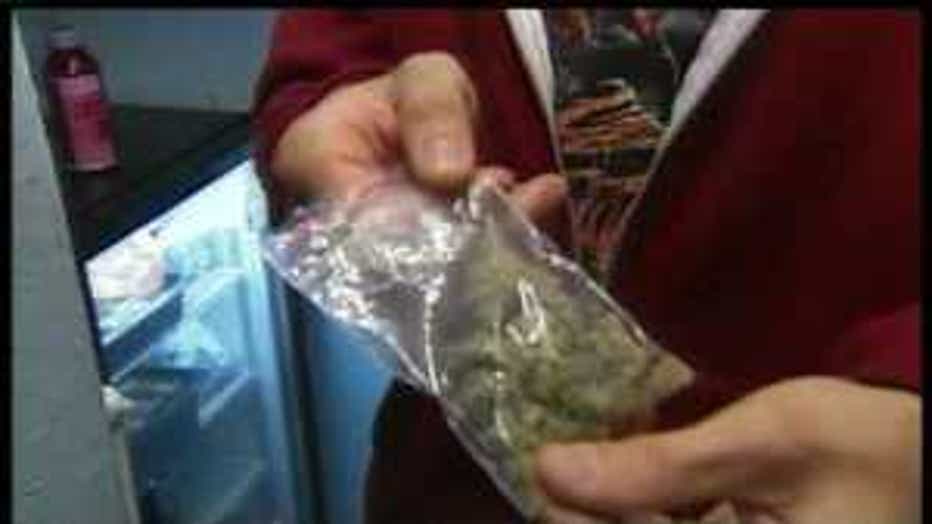State board delays adoption of marijuana industry rules
SEATTLE -- The state Liquor Control Board is expected to delay by two months the adoption of new rules for marijuana stores and marijuana producers. Board members said Tuesday they need more time to work out the details of how legal pot is going to unfold in Washington.

In the meantime, many cities are adopting moratoriums and bans on future pot stores, opening up the potential confusion – and lawsuits.
The Puyallup City Council is expected to be the latest to vote for a temporary moratorium on any pot stores and any pot grows. Leaders say they need more time to figure out how last year’s Initiative 502 marijuana legalization measure is going to work in their city.
“I-502 and state rules are broad. We’re going to look at more the specific implementation of that at the local level,” Puyallup Deputy City Attorney Steve Kirkelie said. “The moratorium gives us some time to do that.”
Kirkelie expects Puyallup to eventually allow pot sales once the council adopts its own local rules.
“One of the concerns is that someone could come in, have a state business license, and say I want to have a retail marijuana shop in a residential zone,” he said.
A growing number of cities and counties are enacting temporary moratoriums, took including Olympia, Pierce County, Sammamish and Kelso. At least one, Richland, has adopted an outright ban. Leaders of last year’s pot initiative worry about local communities going too far.
“A moratorium that is too long does, in effect, become a temporary ban,” said Alison Holcomb, the leader of I-502. “That does create problems because people need to be able to get their licenses and get their businesses started.”
Holcomb said it’s appropriate for local cities to take time to enact some restrictions, but not prevent these businesses outright.
“I’d like for city councils to be looking at the fact that this is what the voters of the state passed,” Holcomb said. “This is what the state law provides for. Let’s not go into court and have a battle about this. Let’s let this roll out the way that this was meant to be rolled out.”
The Liquor Control Board now expects to start issuing licenses at the beginning of next year instead of the end of this year.

